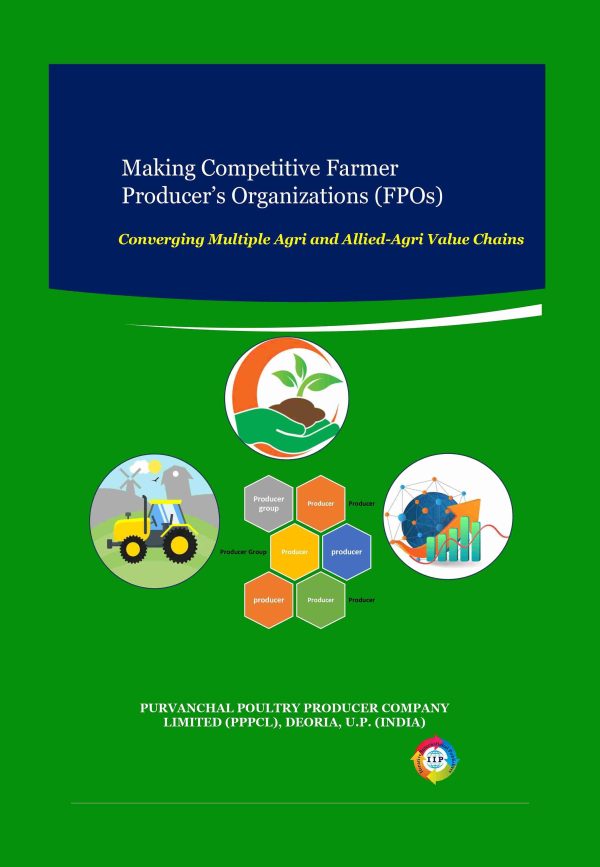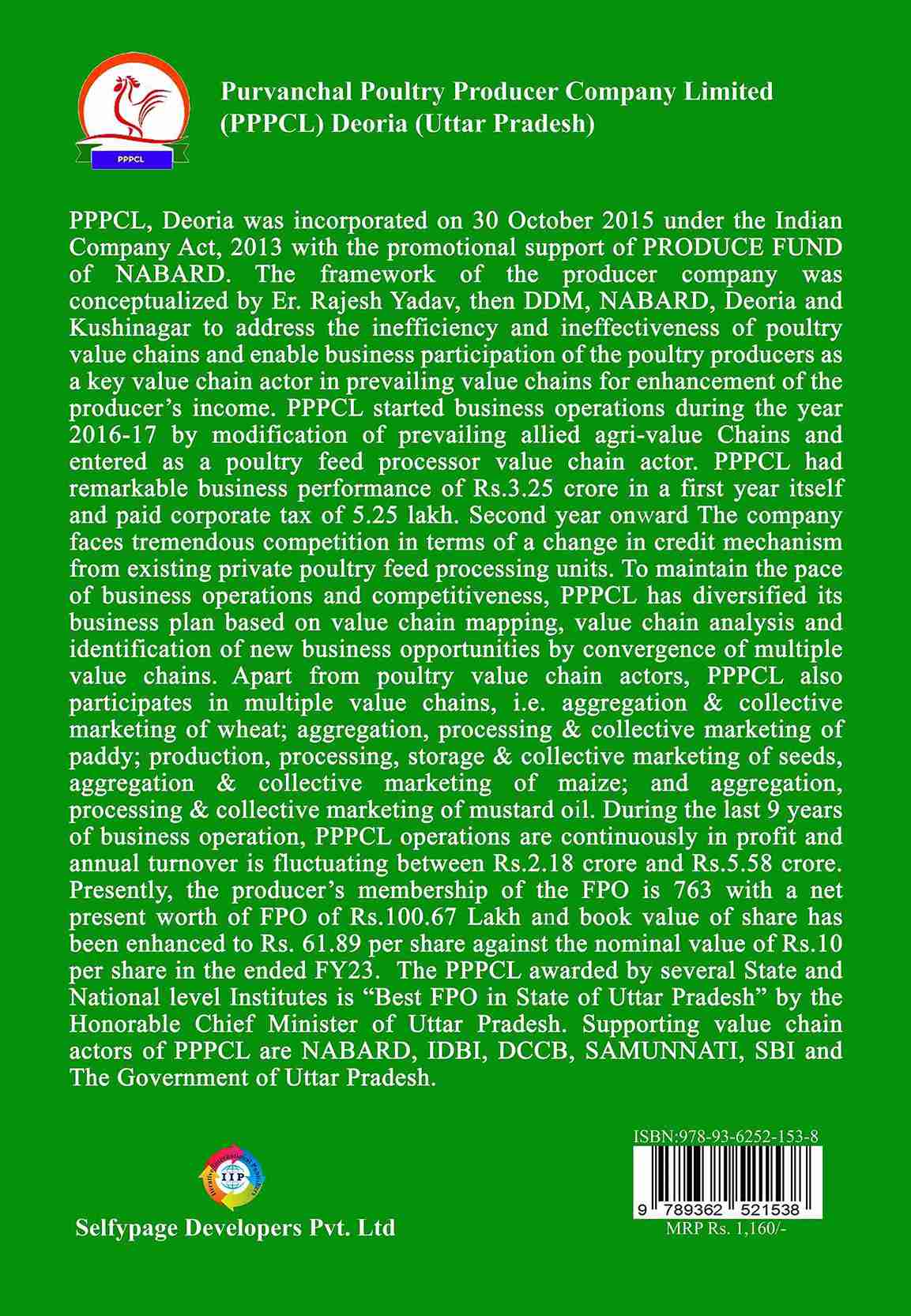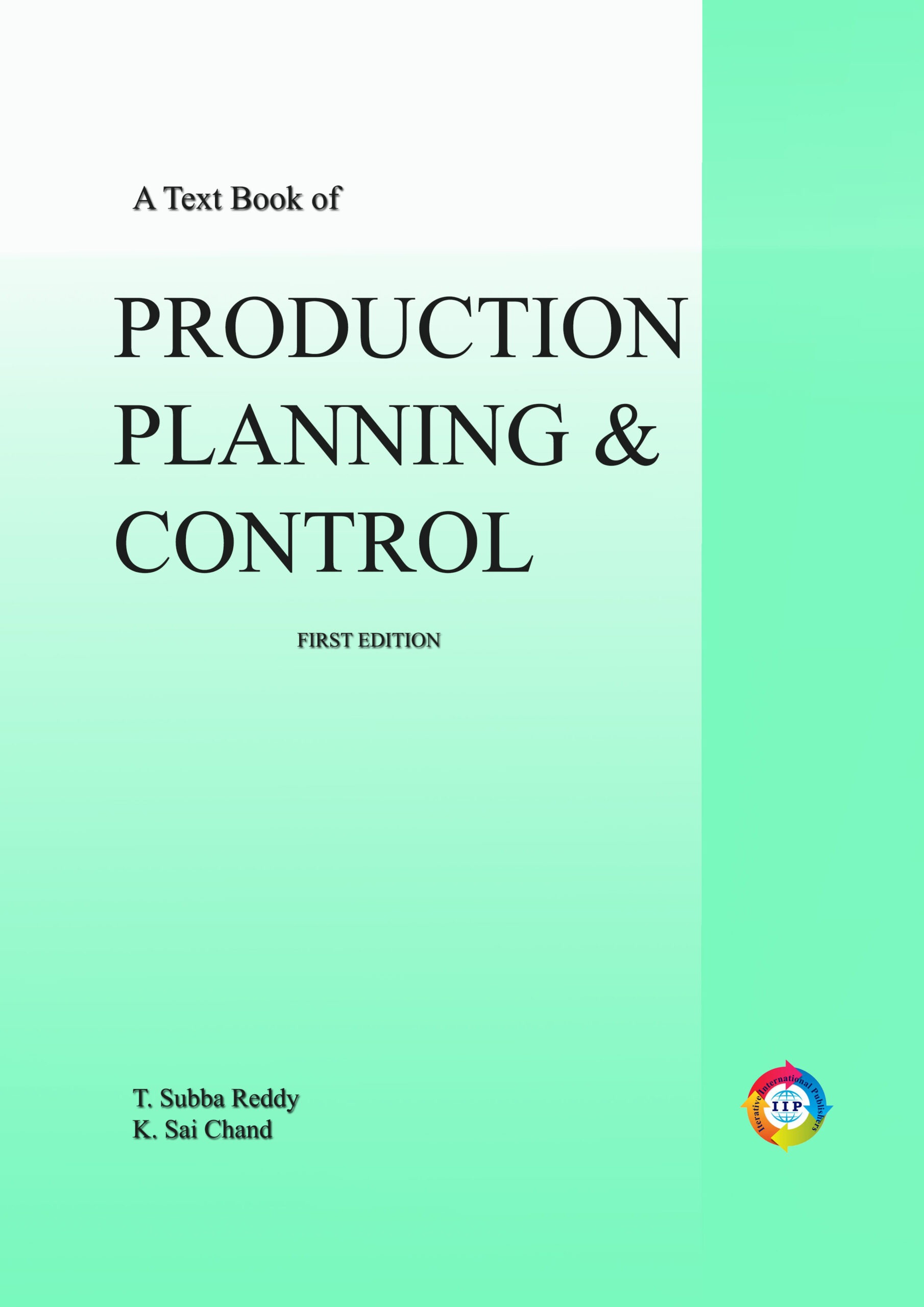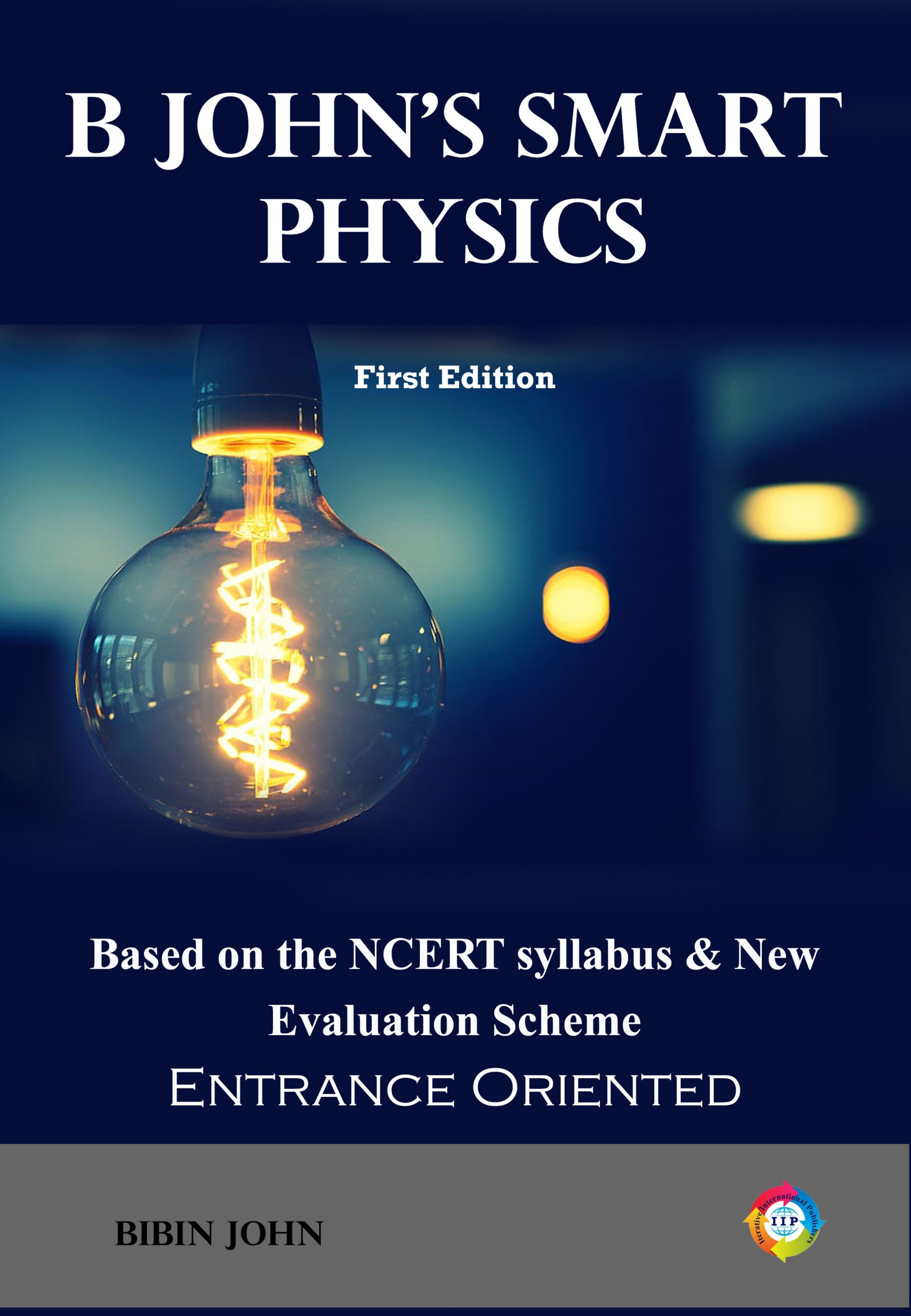We have completed two decades plus in the journey of promotion and development of hybrid-cooperatives (FPOs) since 2003. The focus of this phase was on awareness building, conceptualization, research, planning, pilot implementation and testing of new generation cooperatives model across the country. The overwhelming response from all sectors revealed that all the value chain actors in public and private sector and community-based organizations have played a proactive role in awareness building, adoption, piloting, research, study, extension, capacity building, financial support, convergence and networking and financing etc., resulting in the formation of self-promoting FPOs in India.
Producer driven, facilitator driven, corporate driven and value chain integration based are the institutional models that have evolved in India for promotion and development of FPOs. A majority of the FPOs promoted under PRODUCE Fund, PODF (NABARD) and 10k Central Sector Schemes of Government of India have adopted facilitator driven model for promotion and development of FPOs.
Conceptual clarity is still required for comparative analysis of business economics of existing value chain actor/s in prevailing value chain/s and evolving / developing modified value chains to make FPOs as competitive value chain actors through strategic business participation in upstream and downstream value chains by overcoming market barriers, and adopting realistic and implementable business path lines.
Over a decade’s experience in FPO ecosystem the author made him realize that conceptualization of value chain approach for formulation of business plan is possible only through scientific identification of clusters, identification of multiple value chains, qualitative and quantitative value chain mapping, identification of economic activities, value chain analysis, techno-economic feasibility of identified economic activities, assessment of boundary conditions, prioritization of economic activities, formulation of alternative value chains and formulation of business plan comprising assessment of business potential, marketing plan, financial plan and risk mitigation plan.
This book applying multiple value chains approach and seasonality factor will help main as well as supporting value chain actors of FPOs ecosystem while deciding economic cluster size of FPOs, single v/s multiple value chains model, assessment of realistic business potential, formulation of marketing plan, formulation of financial plan, formulation of risk mitigation, designing system requirements for digitalization of agri and allied value chains (AAAVCs), techno-economic appraisal of FPO’s proposal and harnessing agri-value chain financing by financial institutions.
An honest attempt has been made to bring out this relevant and immensely useful practical textbook for certification course and for all the stakeholders involved in promotion and development of FPOs to make them competitive value chain actors and thereby enhance producer’s economic rent.









Reviews
There are no reviews yet.